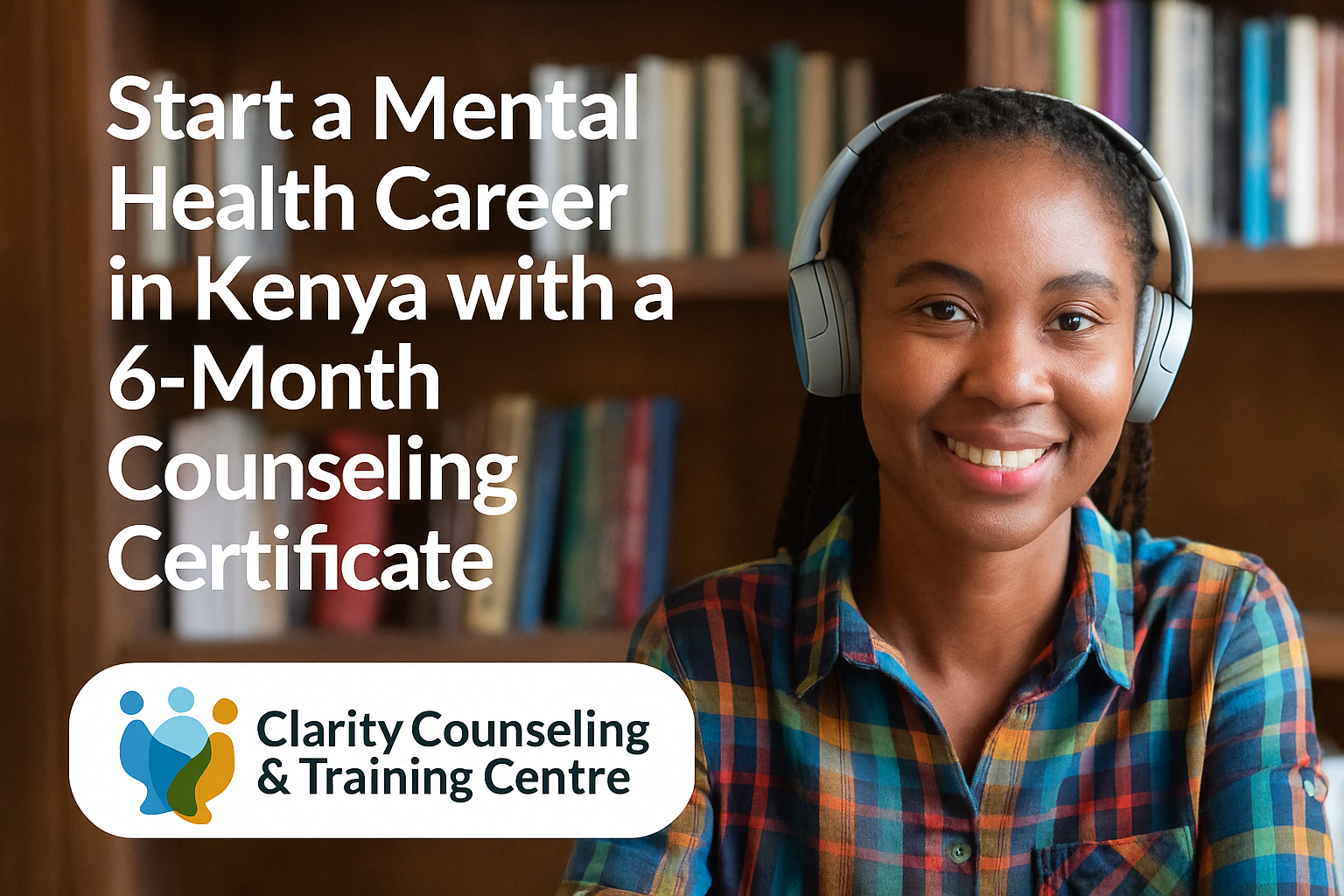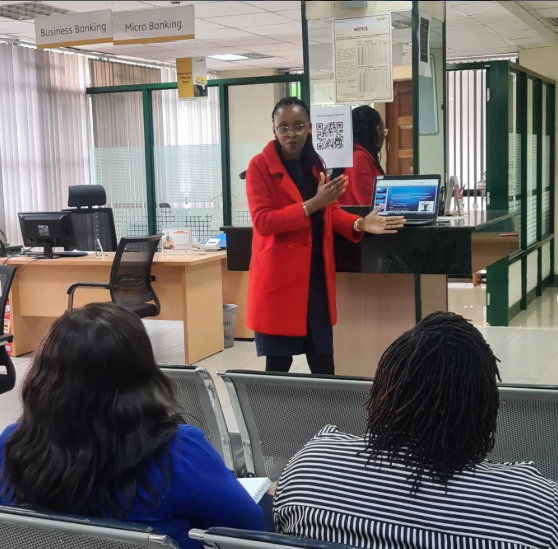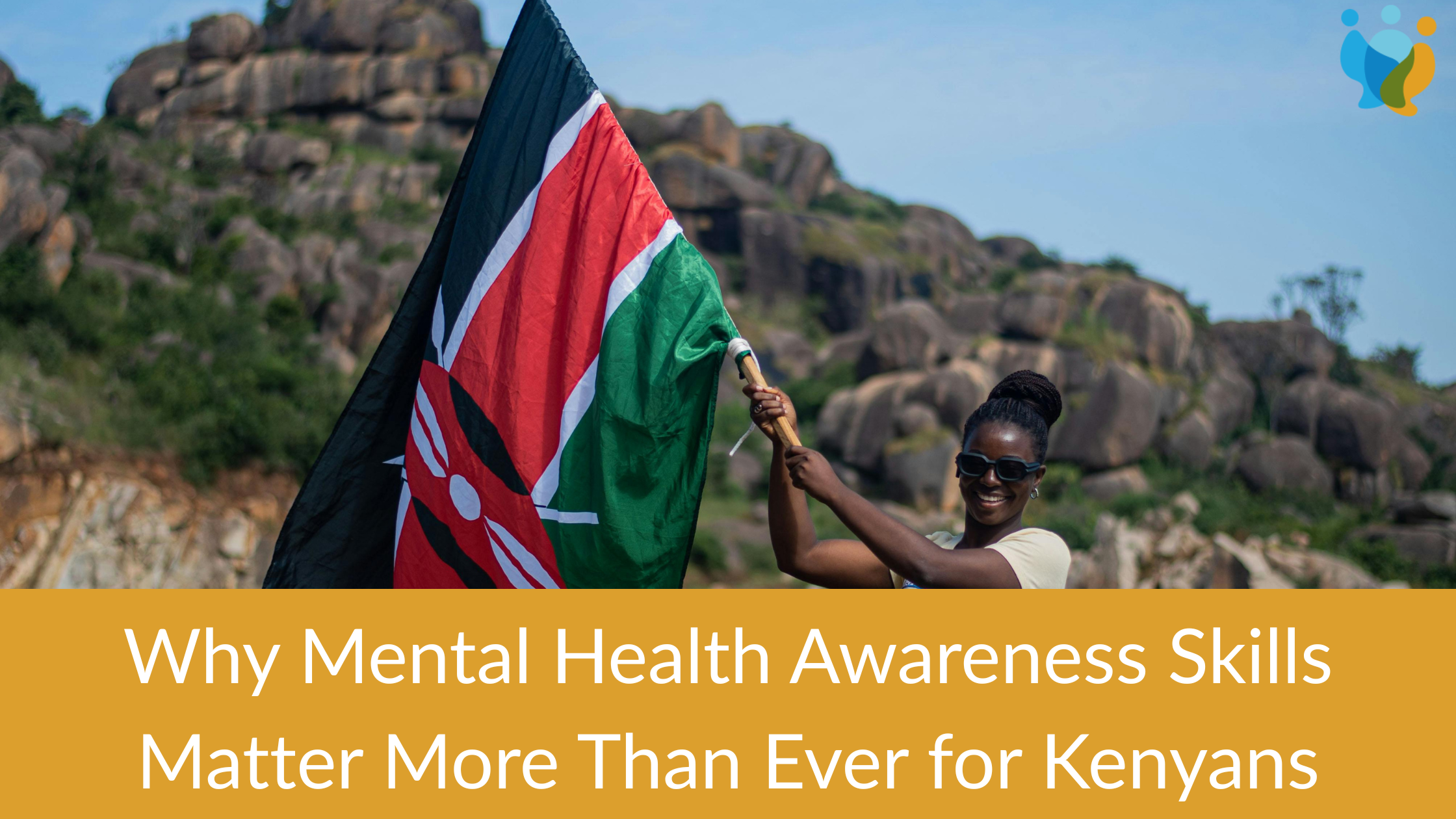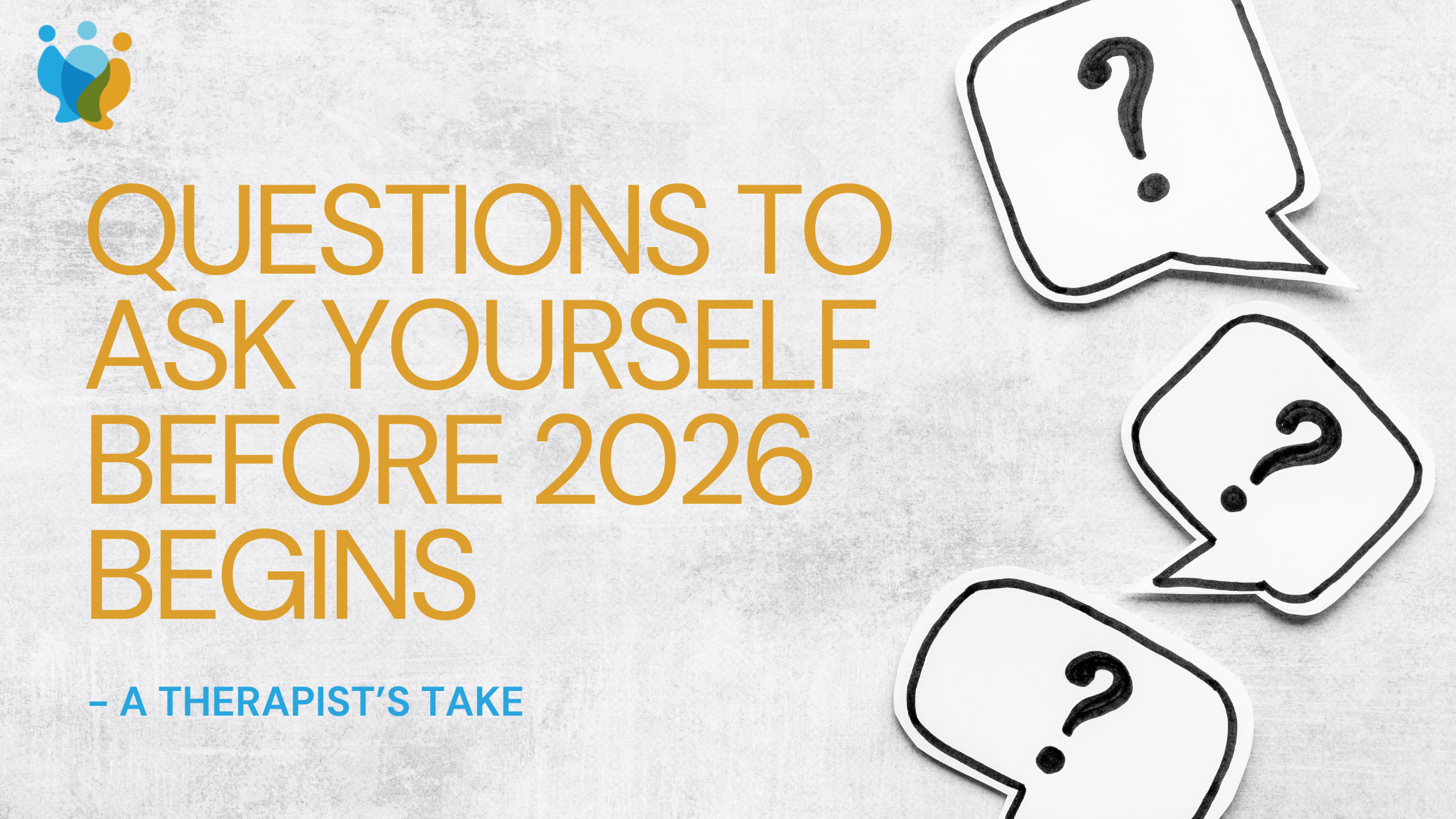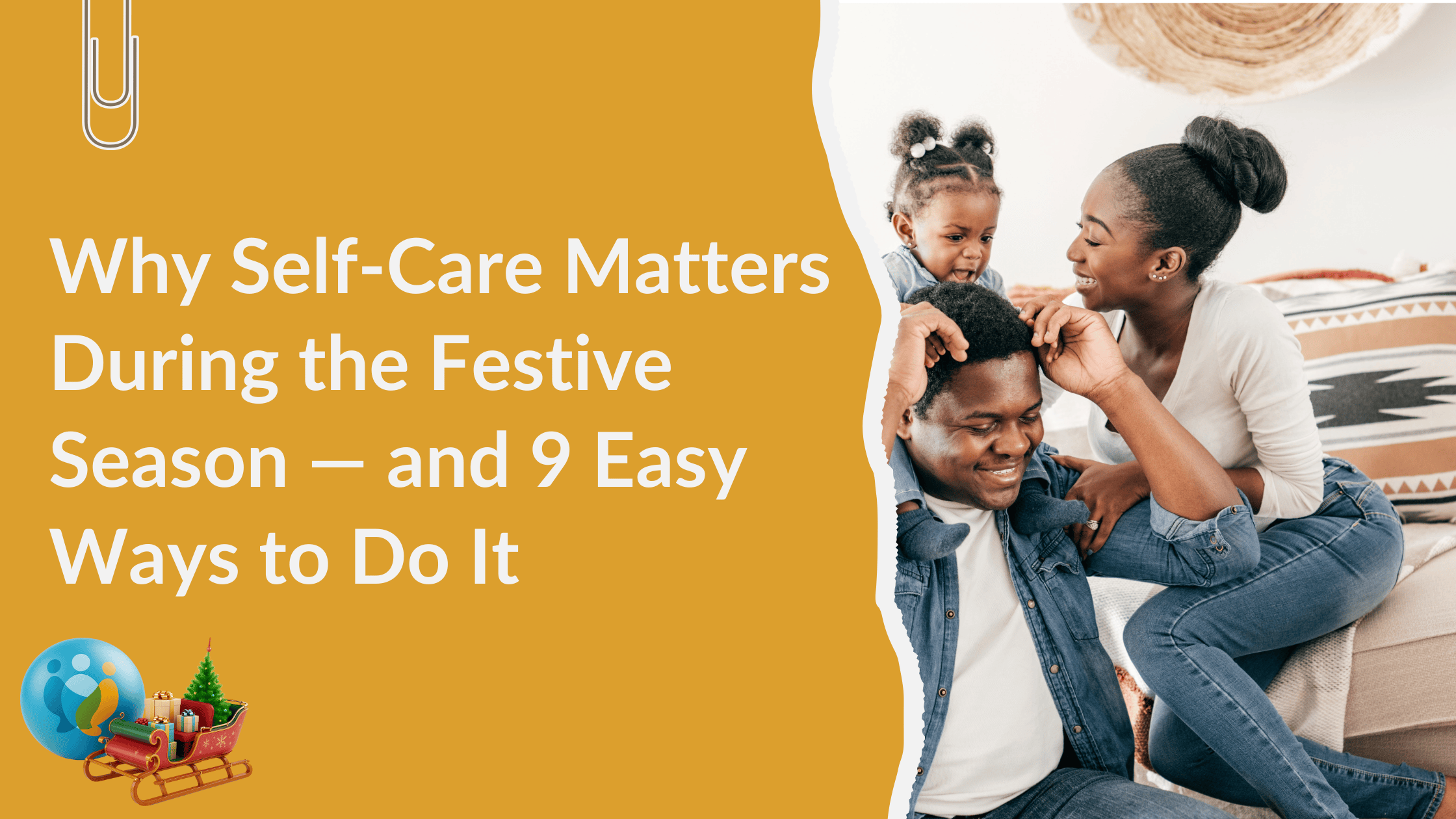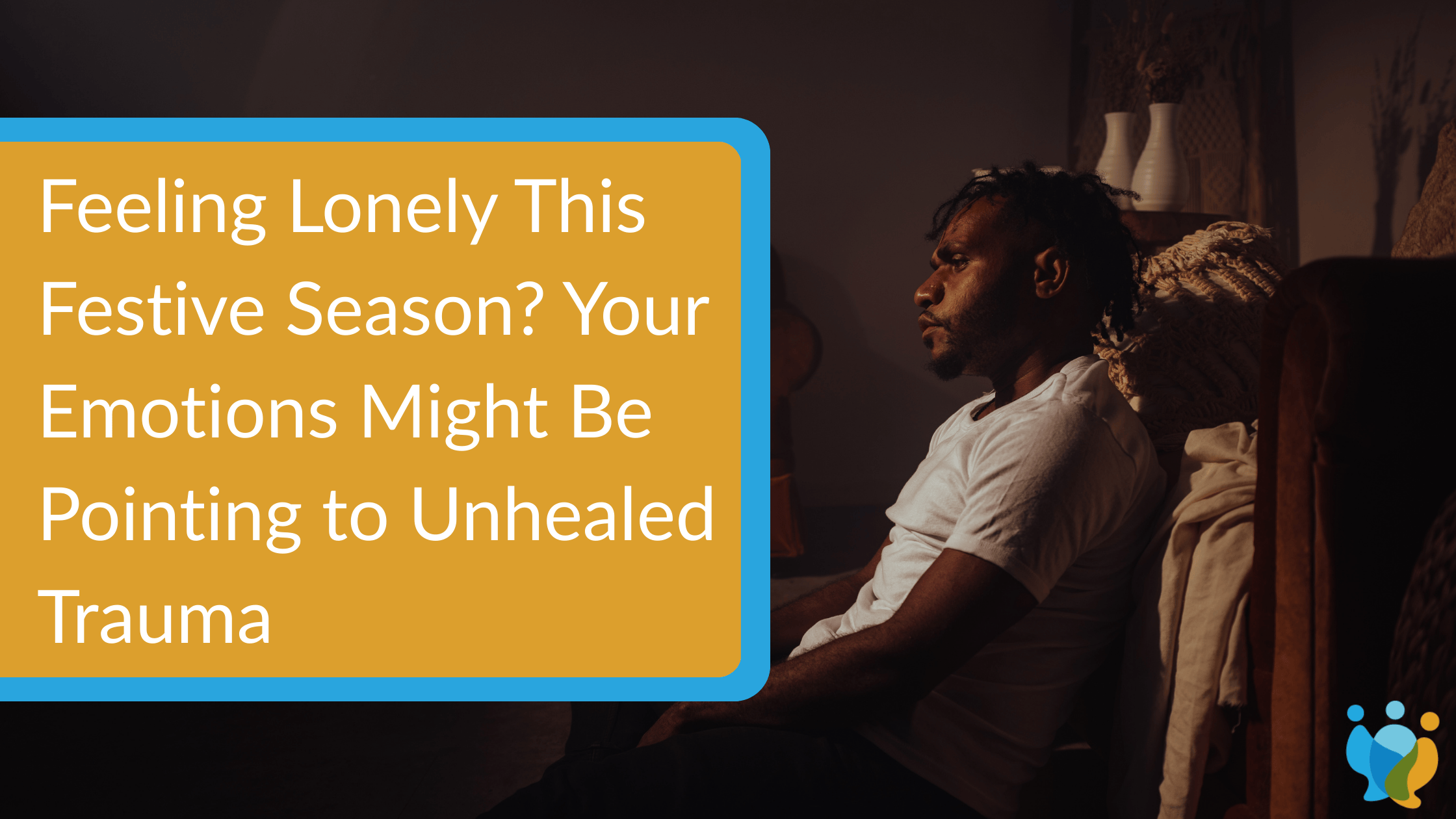Healing Father Wounds

Healing Father Wounds
You may have grown up in a home where your father was emotionally distant and critical of everything you did. He may or may not have used abusive words but rarely praised your achievements and often compared you with your other siblings.
Now, as an adult, you still have a deep sense of unworthiness and struggle with low self-esteem. You may even feel that everything you touch will fail because you doubt your abilities. If this is you, you are not alone. Many people have father wounds that affect them in their adult life.
The father-child relationship you missed having or only had in part has a huge impact on your emotional and mental well-being. Today, we will discuss how you may have gotten the father wound, the various signs that indicate you have father wounds, and how to heal from them.
How You Got Father Wounds
Father wounds are often rooted in childhood experiences and leave emotional scars caused by a troubled relationship with the father figure. Knowing what caused your father’s wound is the first step in addressing and healing from the deep-seated hurt. The following are the ways you may have gotten the wounds:
- Absence: If you had a father who was alive but abandoned you, it may result in deep feelings of abandonment and unworthiness. Some fathers are also present in the home but emotionally absent, and you may have blamed yourself for their cold and uncaring treatment.
- Neglect: This occurs when a father fails to provide for a child’s physical, emotional, and psychological needs. You may lack confidence and feel like a less deserving human being.
- Abuse: Abusive fathers inflict a deep-seated childhood trauma that takes years to heal. The abuse may have been verbal, sexual, physical, or emotional. The frequency and how long it occurred also determine the depth of the wounds.
- Addiction and mental health issues: If your father was battling an addiction or suffering from a mental health problem, they were often emotionally unavailable. You could have also lived in an unstable environment where you never knew how family issues would be addressed.
Related: Why Childhood Trauma Could Be Causing Your Psychological Struggles
Signs You Struggle with Father Wounds
Although father wounds are often deeply buried, their effects manifest in various ways. The following are the most common indicators that you could be struggling with father wounds:
- You have constant self-doubts, persistent feelings of unworthiness, and always seeking validation from others.
- You have difficulty trusting others because of the never-ending fear of rejection or abandonment.
- You fear forming and maintaining an intimate relationship because you lack an emotional connection with your father figure.
- You set unrealistically high standards for yourself to gain approval that you lacked to receive from your father because their expectations were unattainable.
- You have anger, resentment, and bitterness issues that those around you pay the price for the wound your father caused. Eventually, people avoid you or walk on eggshells while interacting with you.
- You engage in self-destructive behavior patterns that result in missing opportunities or having regular emotional and physical pain.
- You have difficulty setting boundaries with others. People walk all over you, and you accomplish other people’s tasks and leave yours pending.
If you experience some of these signs, you need to consider seeing a professional counselor trained in helping people heal from their father’s wounds. They will help you process your emotions and find a way out of the above challenges.
You may also be interested in an emotional intelligence course that teaches you to manage your emotions.
How to Heal from Father Wounds
Starting father wound therapy in Nairobi requires commitment, self-reflection, courage, and patience. The steps that follow will help you in the healing process:
- Acknowledge the pain and the fact that your father’s figure hurt you. Give yourself permission to grieve their absence, neglect, or abuse.
- Be kind, compassionate, and patient with yourself, and know that your worth is not rooted in your father’s actions.
- Educate yourself about father wounds and how it affects people. Interact with materials that help you deal with childhood traumas and offer helpful insights.
- Set healthy boundaries in your current relationships, and do not allow others to treat you as your father did.
- As hard as it may be, forgiving your father is for your own benefit. It is about releasing the emotional burden and not excusing your father’s behavior.
- Find a positive support group, such as friends and family, who understand the journey you are on and are willing to stick with you.
- Engage in the activities that bring you joy and fulfillment. Do not engage in self-pity, leading you to adopt self-destructive behaviors to cope.
- Look for a counselor to help you work through the arising issues. They will offer a safe space to explore your feelings, help you gain understanding, guide you into finding workable solutions, and assist you in developing coping strategies.
At Clarity Counseling and Training Centre, we have experienced counselors ready to offer you the help you need to undergo father wound therapy in Nairobi. Call us today, and let us assist you in healing your inner child.

